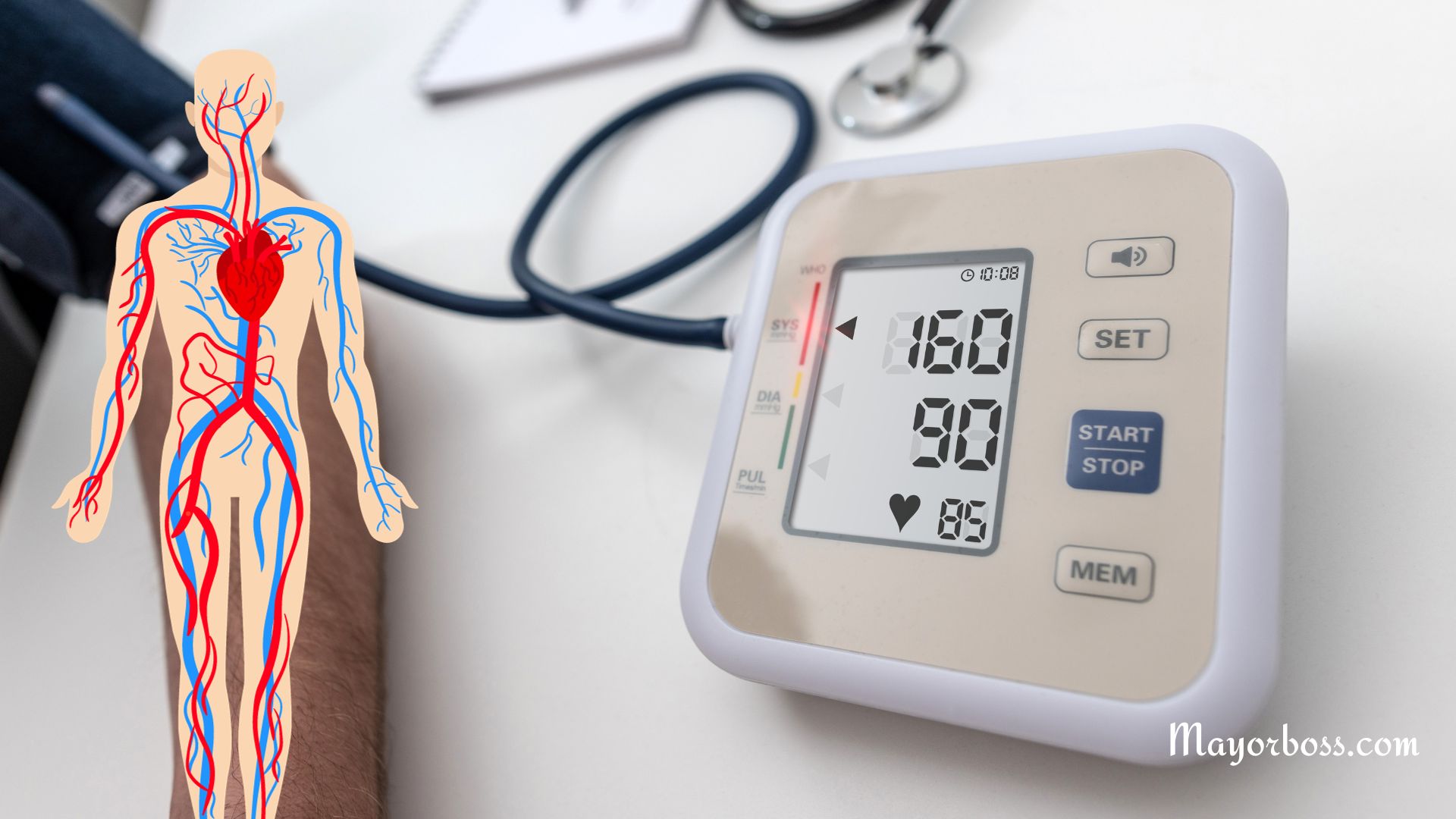Is 160/90 Blood Pressure High?
Do you want to know if 160/90 blood pressure is high? A blood pressure reading of 160/90 is considered to be high and falls into the category of Stage 2 hypertension. High blood pressure can be a serious concern as it makes the heart work harder and increases the risk of heart disease, stroke, and other health problems.

What Does 160/90 Mean?
When you check your blood pressure, you’ll see two numbers. The first number, 160, is the systolic pressure, which measures the force your blood exerts on the walls of your arteries when your heart beats. The second number, 90, is the diastolic pressure, indicating the force exerted when your heart is resting between beats.
Why Should You Be Concerned?
High blood pressure is often called the “silent killer” because it usually doesn’t have visible symptoms. However, it stresses your cardiovascular system and raises the risk of various health issues like heart attacks, strokes, and kidney disease.
The Risks Involved
When your blood pressure is high, your heart has to work harder to pump blood. Over time, this can weaken your heart muscle. Additionally, high pressure can damage the walls of your arteries, making them more susceptible to plaque buildup. This can eventually block blood flow and result in severe health conditions.
What Do the Guidelines Say?
According to the American Heart Association, a blood pressure reading of 160/90 falls into the category of Stage 2 Hypertension. This is a serious level that requires immediate medical intervention, including medication and lifestyle changes.
Compared with Normal Levels
In contrast, normal blood pressure is typically around 120/80. Elevated levels start at 130/80, and anything above 140/90 is considered high. So, a reading of 160/90 is significantly higher than what is generally considered healthy.
How Can You Lower It?
Doctors usually recommend a combination of medication and lifestyle changes to manage high blood pressure.
Medication Options
Common medications include beta-blockers, ACE inhibitors, and diuretics. These work in different ways to help reduce your blood pressure. Always consult your healthcare provider for the best treatment plan for you.
Lifestyle Adjustments
In addition to medication, making changes to your lifestyle can have a positive impact. Eating a balanced diet rich in fruits and vegetables, exercising regularly, and reducing salt and alcohol intake can help.
Monitoring Is Key
Regularly checking your blood pressure is crucial when you’re trying to lower it. This will allow you to track your progress and make necessary adjustments to your treatment plan.
When to Seek Immediate Help?
If you have a blood pressure reading of 180/120 or higher, seek medical attention right away. This is considered a hypertensive crisis and requires immediate treatment to prevent life-threatening complications.
So, to sum it up, yes, a blood pressure reading of 160/90 is high and should not be ignored. It’s essential to consult your doctor for an appropriate treatment.
Further Reading: You Think That 120/80 Is Normal Blood Pressure: You’re Mistaken
